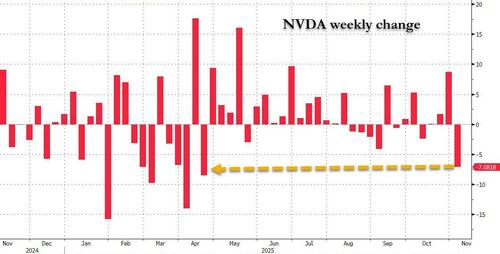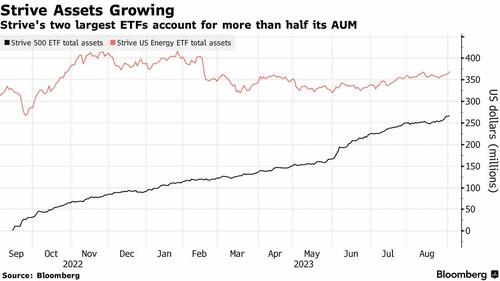India assumed the presidency of the G20 during a challenging global context. The world has gradually recovered from the impacts of the covid-19 pandemic, but global growth remains fragile and inflation stubbornly persistent. The increasing frequency of extreme weather events — July was the hottest month on record — has made clear that urgent progress is needed on climate action and other sustainable development goals y(SDGs) during this “decade of action”.
Yet, at this moment when the need for collaborative action is so apparent, geopolitical competition and confrontation risks are outpacing cooperation. In considering this difficult global landscape, perhaps India’s most consequential decision—and its most instructive — was not to shy away from a cooperative approach for the G20 deliberative process. In fact, India did something more: it doubled down and leaned into a cooperative approach by steering a highly inclusive process. It is this multilateral and multistakeholder approach, which included voices across geographies and communities, that aims to serve as a model for revitalizing global cooperation. This is critical at a time when the world urgently needs to find ways to make progress on our shared priorities.
India expanded the focus of the G20 dialogue geographically by making it a priority to include voices of the Global South — a grouping of countries that represents 85% of the global population, but whose “role or voice” is often not included in multilateral dialogues, as Prime Minister Modi noted. In the first months of its presidency, India convened a Voice of the Global South Summit that included participation of leaders and ministers from 125 countries, the aim of which was to consult with countries not represented by the G20 to better understand their priorities.
One such priority has been the issue of global sovereign debt. At a time when an estimated 50% of developing countries are in active debt distress or at high risk of debt distress, India gave a significant boost to the issue of debt restructuring through the Common Framework for Debt Treatment. India has also advocated to include the African Union, which represents 55 African states with a collective GDP of $3 trillion, in the G20.
In addition to leading a multilateral process that brought input from diverse geographies, India also engaged stakeholders across communities. The Think20 community, for example, engaged the expert community, serving as an ‘idea bank’ for the G20. The B20, meanwhile, is an official dialogue forum representing the global business community. For the first time ever, the global startup ecosystem is represented through the Startup20 Engagement Group.
In India’s G20 Presidency, the country is placing importance on global multistakeholder collaboration as a means to tackle the common challenges. This approach holds promise. In an increasingly complex world, the multistakeholder approach is essential for solving challenges that cut across geographies, business sectors, ecosystems and communities. That India chose to shape an inclusive G20 process should not be taken for granted. India is the world’s largest country by population size and is currently on a steep upward trajectory — it is the fastest growing among all the large economies for three years in a row and slated to become the world’s third largest economy by 2030. It is home to over 100 startup unicorns — startups valued at more than $1 billion — and has seen foreign direct investment rise in recent years, reaching a new record level of $85 billion in the 2021-22 fiscal year. By some projections, the world will soon welcome a new G3 era, in which India joins the US and China as one of the world’s pre-eminent countries.
If this were another story, these developments could have gone to India’s head, incentivising it to lead a top-down dialogue that was exclusive, rather than inclusive, in nature. But from the start, India’s G20 Presidency, with the theme of One Earth, One Family, One Future, served as a reminder that the only way to shape a more prosperous and secure future is through collaboration.
At a time when the global commitment to cooperation appears to be on the wane, India’s G20 presidency is a reminder that actors across the world need to recommit to collaborative approaches.
Borge Brende is president, World Economic Forum and former minister of foreign affairs, Norway.
Download The Mint News App to get Daily Market Updates.
More
Less
Updated: 08 Sep 2023, 12:15 AM IST















